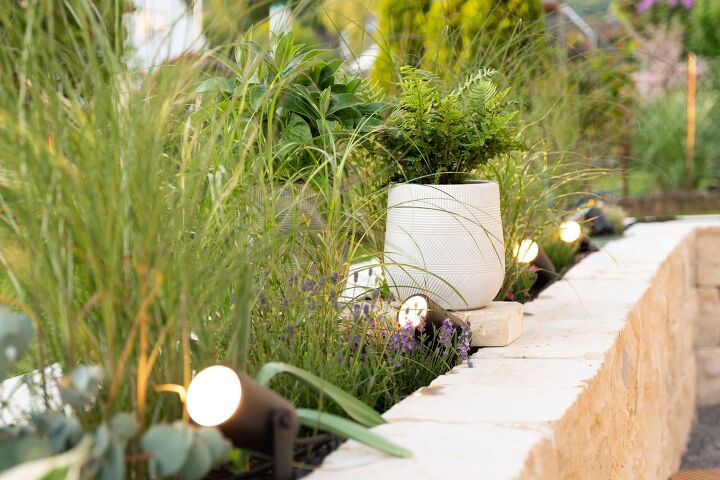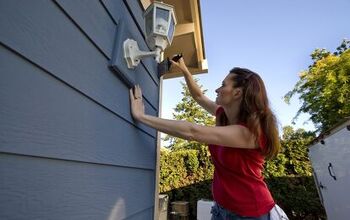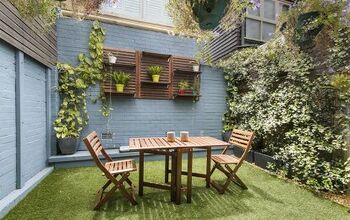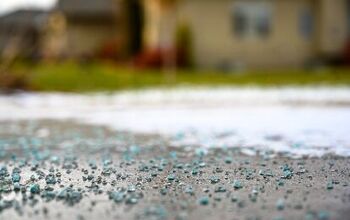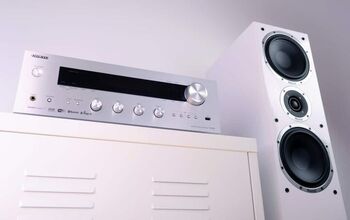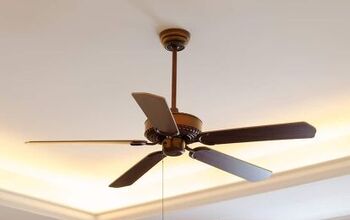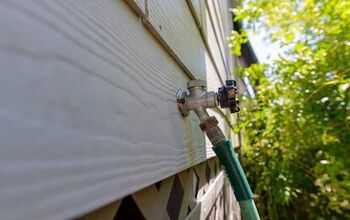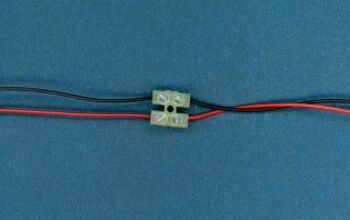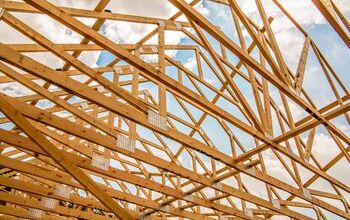Can You Use Smart Bulbs Outside?

Nowadays, a home isn’t a home without modern technology infused throughout. There are smart thermostats, security systems, curtains, and even smart light bulbs. Smart light bulbs are becoming more popular these days. After all, they have several benefits, including increased security and lower energy costs. But if you are looking to install new lights outside your home, you might wonder if you can use smart bulbs outdoors.
In many cases, you can use smart light bulbs outside as long as you purchase the correct bulbs and exercise caution. Keep in mind not all smart lights are durable enough for outside use. Check the manufacturer and the bulb’s IP rating to ensure it can withstand moisture and natural elements. Make sure you choose smart bulbs with ample range so they can easily communicate with your router.
If you want to use smart bulbs outside, you are in luck. Many types of smart bulbs can be used outdoors. In fact, some brands and smart bulb types are even designed to withstand the natural elements. But you should also know that not all smart bulbs can go outside. In fact, before you purchase smart bulbs for the outdoors, make sure you read this article to further understand the do’s and don’ts of using smart bulbs outside.
Can You Use Any And All Smart Light Bulbs Outside?
If you are wondering if you can pick up any random smart bulb and use it outside instead of your current bulb, you should think twice. Not all smart light bulbs are built to withstand the outdoor elements. In fact, many indoor smart lights are not equipped for outdoor settings. The good news is that these days, many smart lights are built with outdoor capacity.
First you need to make sure the lights are damp rated, or capable of withstanding some moisture. Sure, you need to protect your lights with a sconce and protective fixture, but the bulb won’t be able to escape all the humidity. In this article we will discuss all the natural elements you need to consider when selecting a smart bulb. For now, just know that you need to use only smart lights that can withstand the natural elements. In other words, you should choose your smart lights, well, smartly.
Top Reasons To Use Smart Bulbs Outside
If you are wondering if you should choose smart bulbs for a smarter home over regular bulbs for your outdoor space, consider the benefits. Sure, they are more than twice as expensive as regular bulbs, but there are some great benefits to using smart bulbs outside over other bulbs
Energy Efficient
Smart Bulbs are very energy efficient. Not only do they use less electricity than many “dumb” (or standard) bulbs, but they also are controllable. This means that you can program them and time them to go on and off according to your desires. This can cut down significantly on your light bill.
Improved Security
Smart bulbs are also a way to improve your security. You can program your smart lights to come on at any time, and also can control them from anywhere. This helps keep your home lit and safe.
Phone Controlled
There is a real ease of use with smart bulbs. You can even control all your home lights (indoor and outdoor) from your phone in many cases. This should help give you peace of mind when you are gone longer than expected.
Dimming And Color Options
If you like getting into the holiday spirit but hate setting up lights and spending the money, you can just use color-changing smart lights. You can have smart lights that change from normal white light to red and green, and everything in between.
Six Factors To Consider Before Installing Smart Bulbs Outside
Before you install smart bulbs outside, there are some factors to consider. Even if the bulbs you picked out claim to be water resistant, this does not mean they are automatically perfect for the outdoors. Below we have listed several factors to take into consideration when purchasing and preparing to install smart bulbs.
1. Moisture Levels
Perhaps the most important factor to consider with your smart bulbs is moisture. It is a no-brainer that light bulbs don’t love water. This is particularly true for smart bulbs that aren’t designed for outdoor use. You need to select a water-resistant light bulb.
2. The Light Fixture And Protective Covering
In addition to a durable smart light, you need to consider where you plan on installing the light. Naturally, you want to make sure your outdoor lights are covered and protected. You also want to make sure they shine light in the intended direction and with the strength you require.
Ensure you have the proper sconce or cover. Keep in mind, however, that some light coverings (especially metal and thicker ones) can interfere with your smart light’s range.
3. Extreme Temperatures
Extreme temperatures are also something to consider. In some cases to keep the rain out, you might actually trap heat in. So, if you have a covered smart light and live in a hot and wet climate, smart lights may be challenging. In these more trying climate conditions, it is best to opt for high-quality lights (smart or not) that are proven to withstand weather and temperature extremes.
4. Dirt And Dust
Dirt and dust are also the enemy of smart lights. They both can interfere with the bulb and its functioning. Make sure the bulb is rated to withstand dust, since the outside is likely to have much more dust.
5. Distance From Your Router
If your light is far away from your router, a smart light installation could prove more challenging. As a rule of thumb, when covering an outdoor light, make sure it is not on the edge of the range zone. Allow it a 5- to 10-foot buffer.
6. IP Rating
Check the IP rating. You want both numbers (there should be 2 numbers next to the letters IP) to be 5 or higher. The higher the numbers, the more protected they are from rain and dust. This is often a better gauge than simply choosing based on a “water resistant” label.
Install Additional Protection With Your Smart Lighting
When you install your smart lights, you might need to also consider adding additional protection. If your original outdoor lights had plenty of protection from the elements, you might be fine. If, however, you were using durable waterproof lights, you should ensure your new smart lights are covered.
Make sure there is no chance the bulbs will get hit with any direct moisture. After all, these bulbs are much more expensive than standard light bulbs. Keep in mind, however, that in adding the additional protection, you might sacrifice some of the lamp’s range. This means you should make sure you buy smart lights with more than enough range to cover your property.
Types Of Smart Lights Commonly Used Outdoors
Smart Spotlights
Smart spotlighting is common and desirable for many tech-savvy homeowners. Turning your home spotlights into smart lights has several benefits. It allows you to light up your home when you are away, for one. It also allows you to switch up the colors cast onto your home, which comes in handy around every holiday.
Smart Path Lighting
Swapping out your old lights for smart lights (even smart LED strip lights) is popular and worth considering. You can program smart lights for when you need them. You can turn them on when company is arriving, and also brighten or dim them in many cases. This is great for both safety and ambience.
Smart Floodlights
Smart floodlights are also popular. These types of smart bulbs can be quite expensive, but are a much more advanced light than a simple motion sensor. Floodlights exist on most driveways, so these added features can benefit just about anyone with a driveway or a yard.
When Smart Bulbs Should Not Go Outside
While you can use smart bulbs in many cases, you should always exercise caution before making the switch. Smart bulbs are pricey, and the last thing you want to do is buy expensive new bulbs only for them to short out after a rainstorm. So, make sure you know the following instances when you should not use smart bulbs outside.
When A Smart Light Is Meant For Indoor Use Only. Not all smart lights have the capacity for the outdoors. If you have indoor smart lights, don’t risk bringing them outside.
When Putting A Smart Light Outside Would Be Out Of Range. If you have a vast property, installing outdoor smart lights might be challenging. You may require Wi-Fi extenders and additional beefed-up range and network capabilities just to get the lights to work properly.
If You Can’t Protect The Bulbs Properly. Remember, just because a light is water-resistant, it does not make it waterproof. Smart lights are expensive and have lots of technology within them. They are often more susceptible to the dangers of moisture. If you don’t have a way to properly protect them from weather, consider using regular waterproof lights until you get the right protection.
Final Thoughts On Using Smart Light Bulbs Outside
If you are wondering if you can bring smart light bulbs outside, the answer is: Sometimes. Some smart bulb brands make lights that are capable of being outside. Make sure the IP ranking is suitable for outdoor use. Also make sure the light is protected from any direct foul weather. Ensure these outdoor lights are still within the range of your router before installing them.
Related Guides:

Tom Gaffey is an expert writer who currently resides in Washington D.C. Tom has a passion for real estate and home improvement writing, as well as travel and lifestyle writing. He lived the last twelve years in Hawaii where he worked closely with luxury resorts and event planners, mastering his knowledge of aesthetics and luxury products. This is where he found his passion for home improvement and a keen interest in DIY projects. Currently, Tom resides in Washington D.C, and also working on his debut fiction novel.
More by Tom Gaffey



